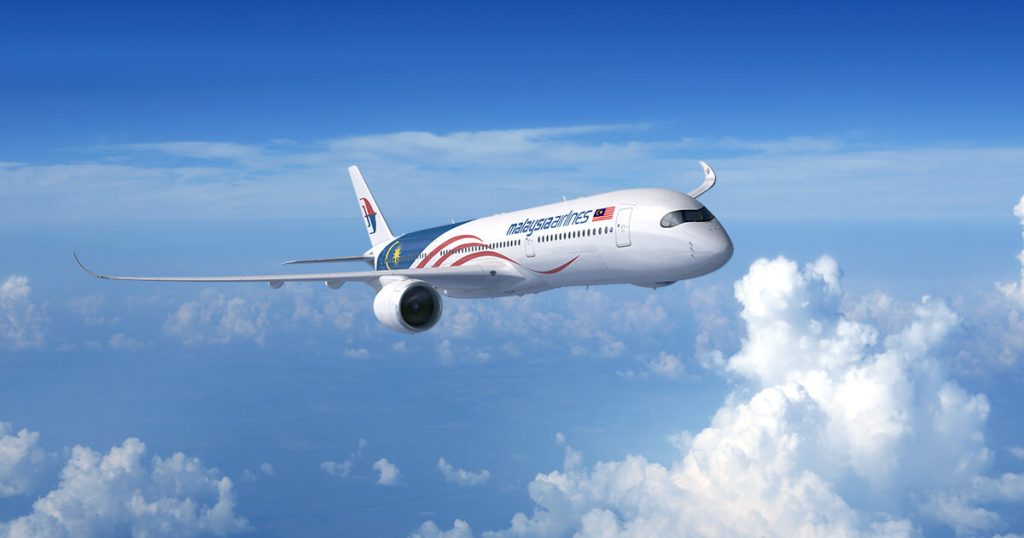In their second meeting with the Royal Malaysian Customs yesterday, to seek clarity on the implementation of the Sales & Service Tax (SST), which has been effective since September 1, industry representatives were shocked to learn that SST will be an exponential tax system, snowballing from one party to another.
For example, when the media owner charges the agency 6% SST in their invoice, the agency has to then add another 6% SST on that bill when invoicing their clients.
So if the original invoice is RM106 to the agency, the agency will bill the client RM112.36 after adding another 6% SST.
And this amount can further leap by another 6% if it goes on to the next billing party.
Astounded industry leaders, who included CFOs, in the half an hour meeting cried out that this will amount to double or even triple SST taxation, and they were left in a quandary.
This appears to be at odds with the department’s earlier guidelines. Who is confusing who?
“We already see clients viewing SST as an additional expense to business without input tax relief.
“Based on the current guidance from the Royal Malaysia Customs, the double SST impact further amplifies the business expense for client.
“Which means essentially they’ll pay 6% for pass-through costs on agency invoices, on top of the 6% for the same costs that was levied earlier through media owner invoice.
“This will detrimentally impact client budgets and plague the advertising industry,” says a concerned Murali Ramasamy, Chief Financial Officer of IPG Mediabrands Malaysia.
This means that deserving income for Malaysian businesses will be caught up in a compounding tax spiral that will drain their income progressively.
Plus one cannot make refund claims for SST, unlike GST.
“The Royal Customs has insisted that advertising and media agencies implement double taxation on SST. If implemented, the end users (advertisers) will be subjected to SST more than once.
“This goes against the good tax system principle, whereby tax authorities should attempt to avoid this whenever possible.
“This will put the entire Malaysian advertising ecosystem at a disadvantage,” cautioned Yap Chee Weng, President of the Media Specialists Association.
Meanwhile, industry leaders are expected to reconvene tomorrow to deliberate this development further.
Royal Malaysian Customs officers were also adamant that this new formula has to be backdated to September 1, 2018.
This aggravates the unfair competitive disadvantage Malaysian businesses are already suffering at the hands of Google and Facebook who dominate about 75% of all digital advertising revenues in the country.
They did not even pay GST (when it was implemented earlier), unlike all other Malaysian businesses, as they pushed the onus of paying GST to the Malaysian companies buying their advertising space.
Known for their ingenious tax evading ways, Facebook invoices from Ireland and Google invoices out of Singapore where they pay favourable tax rates and are not liable to double taxation.
“The cascading tax effects of the SST multiplies business costs at a time when consumer sentiment remains fragile.
Increased business costs ultimately end up in price rises for goods and services.
“The new government in its haste to implement the SST to replace GST needs to look into this matter as it appears to contradict the spirit of the SST of lowering the tax burden for consumers and businesses alike,” says Daniel Tan, Commercial Finance Director at Dentsu Aegis Network.
“Advertisers launching new products require a number of complex services from ad agencies, and they prefer to deal with one point of contact rather than a torrent of different suppliers if they want to avoid this tax cascade, which simply affects service delivery from coordination to timely execution and quality.
“This is neither helpful to clients nor does it develop the industry. We all want to pay taxes but not at the expense of a level playing field.”
Google paid back taxes owed since 2015 to the government of Indonesia late last year, making it the fourth country that has managed to get the technology giant to pay tax.
This is after Britain, India and Australia managed to get the tech giant to pay.
A senior tax official in Indonesia earlier commented they were pursuing Google for five years of back taxes and the company faced a bill of more than US$400 million for 2015 alone if it avoided payments.
Earlier this year, Google’s annual accounts show that the company will pay corporation taxes of £49.3m on UK profits of £202.4m.
Google UK operates as a marketing and sales arm of its European operation which is headquartered in Dublin, where corporation taxes are lower.
The total value of Google’s sales in the UK average £5.7bn a year.
Google gamed the system by using tax loopholes to shuffle overseas revenue to tax havens, with stops in Ireland and the Netherlands on the way to Bermuda, which enjoys a corporate income tax rate of zero.
“US companies pay most of their taxes in the U.S., and other countries find it hard to tax them even when they are generating sizeable economic value in those countries,” says Professor Harmandar Singh, publisher of MARKETING magazine. “Another trick used by multinationals is transfer pricing.”
EU Economic Commissioner Pierre Moscovici recently commented, “We have a tax system based on physical presence, we need to reflect on digital presence.
If you compare all businesses, 23% is the average corporate tax rate. For the Internet, it is something like 9%. So there is the problem of a level playing field.”
Attempts to reach out to Royal Malaysian Customs officers failed, and we believe they are organising many hand-holding programmes to explain the mysteries of SST nationwide.
We hope this is not what our Minister of Finance means when he said painful taxes are coming our way post Budget Day!

Nominate Malaysia’s Best Marketers
Do you know a Bold & Brave marketer? Give us their names, because we want to celebrate them.
Held for the first time in Malaysia, the Chief Marketing Officer (CMO) Awards is here to reward the best in the business of marketing.
This award is to identify talent, transparency, tenacity and a take-charge attitude of deserving marketers. An eminent panel of industry leaders will decide on the winners.
There are 30 categories up for grabs at this year’s awards:
- Best Marketer in B2B Marketing
- Best Marketer in SME Marketing
- Best Marketer in Millennial Marketing
- Best Marketer in Data & Technology Marketing
- Rising Marketing Star – Financial Services
- Rising Marketing Star – Telco ….. and more!
All entries across all 30 categories for the inaugural year is FREE.
Send in your nominations before the closing deadline of October 19th.
The 7th Malaysian CMO Conference & Awards
Date: 16th November 2018
Venue: The Grand Ballroom, Sime Darby Convention Centre, KL.
For further details on the awards visit: www.marketingmagazine.com.my/cmo2018/awards
MARKETING Magazine is not responsible for the content of external sites.









